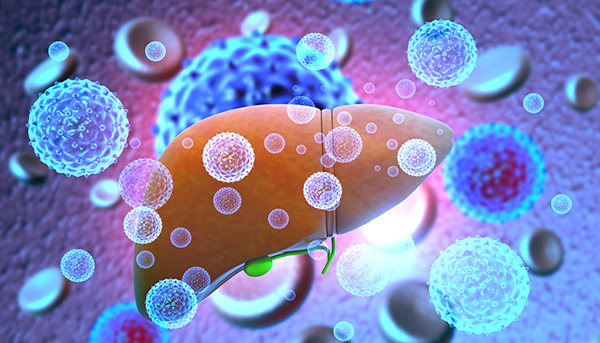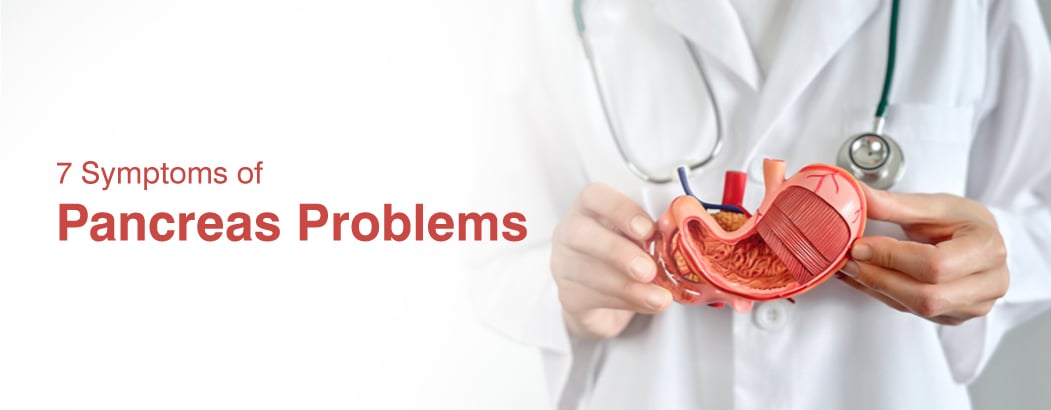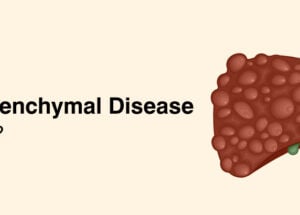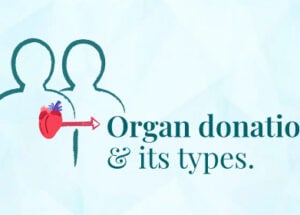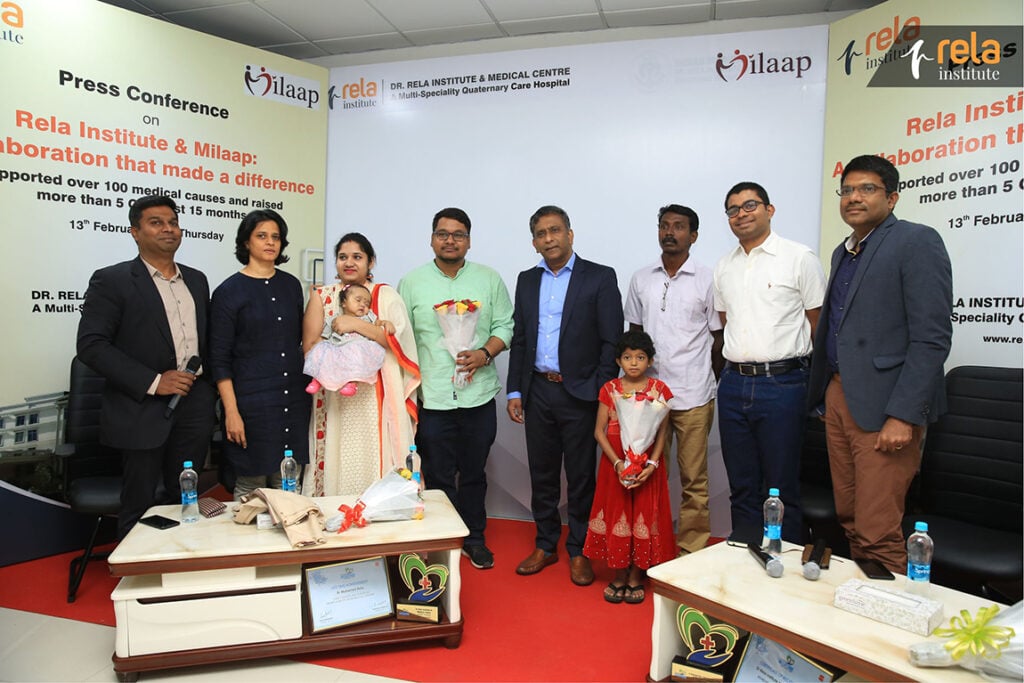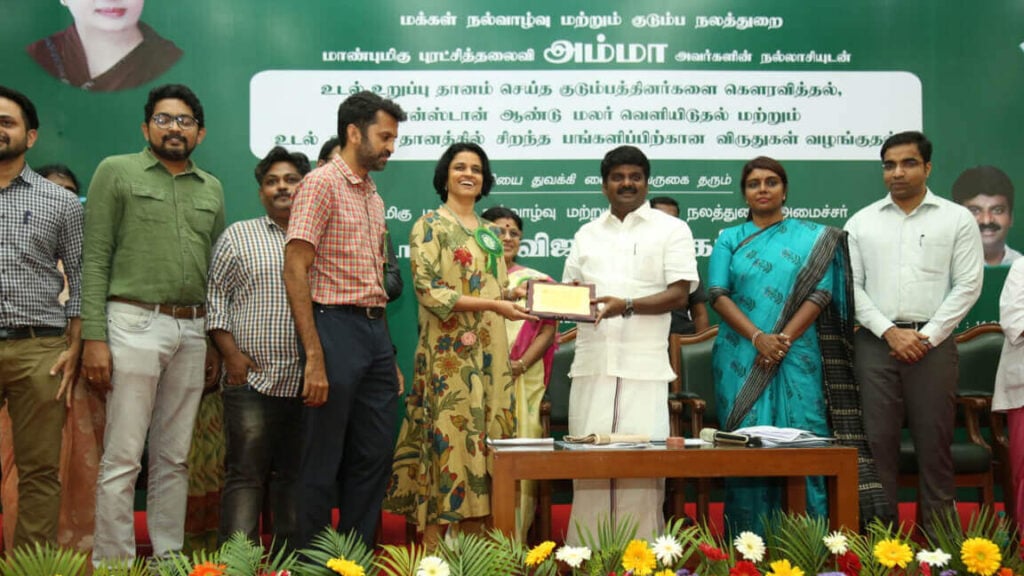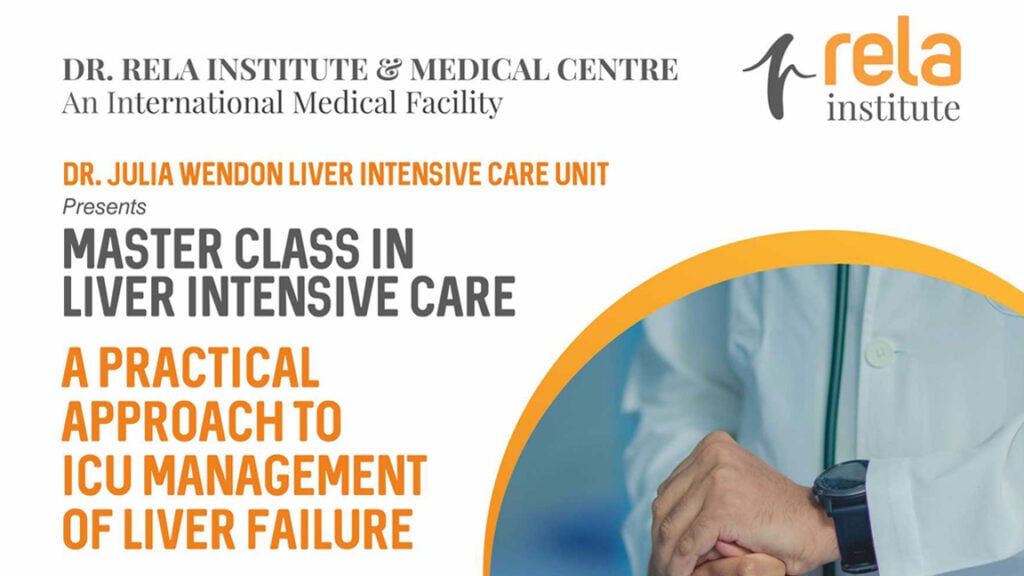Management Of Chronic Liver Disease
Chronic liver disease is defined as when symptoms of liver disease like jaundice, tiredness, abdominal distention, leg swelling, vomiting blood or altered behaviour are present for more than 6 months. Management of chronic liver diseases consists of identifying the possible cause of liver disease and stopping or treating it. At RILDT, we are adept at managing any kind of chronic liver diseases. In order to manage any liver disease, we advice our patients to completelyabstiain from alcohol and medical treatment of viral infections causing the liver disease are some examples of medically treatable causes of chronic liver disease. Patients with chronic liver disease can become seriously ill even with minor infections. Problems like infection of the fluid in the abdomen, bleeding for engorged veins in the food pipe can lead to serious problems like kidney failure, encephalopathy (altered sensorium) and shock.Identification of complications of chronic liver disease like esophageal varices (abnormal swelling of blood vessels in the food pipe), infection in abdominal fluid, kidney injury due to liver disease (hepatorenal syndrome) and liver tumors is another major priority in managing these patients. In case of serious liver disease and transplantation, timely identification of severe complications of liver disease that need liver transplantation is also important as transplantation in right time is likely to give the best outcomes. These patients should be treated in an intensive care facility with specialists from hepatology, intensive care and nephrology for stabilisation of their condition and for recovery.
